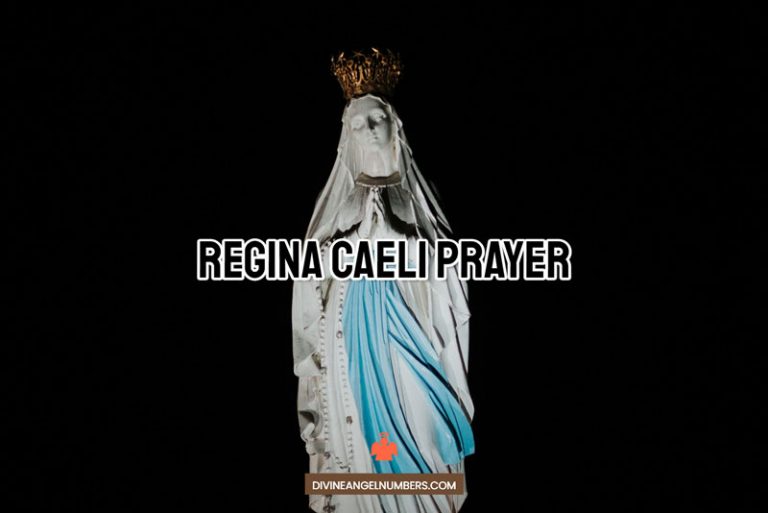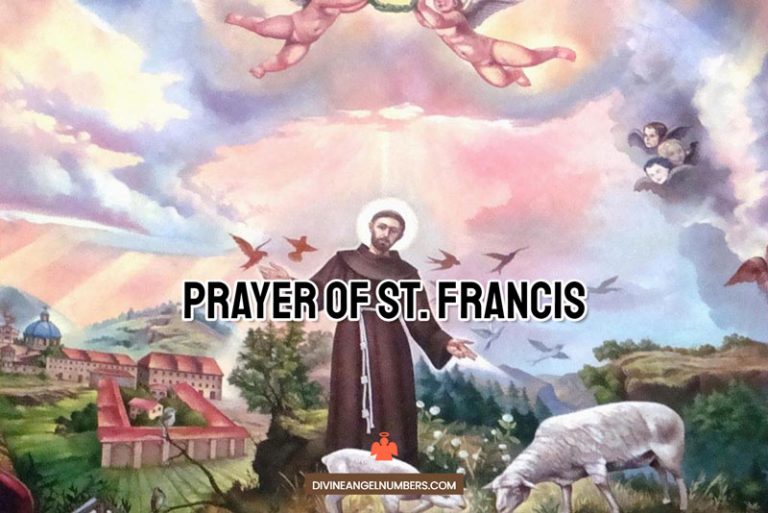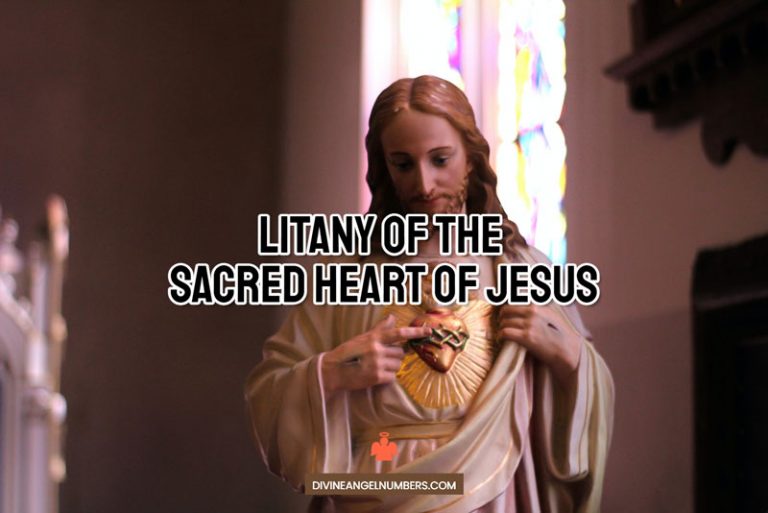We will discuss the origins and importance of the Easter Bunny. Easter is a Christian festival aka Pascha or Resurrection Sunday that commemorates the resurrection of Jesus from the dead. The account is described in the New Testament as having occurred on the third day of his burial after being crucified by the Romans at Golgotha.
Easter is the culmination of the Passion of Jesus and is preceded by Lent, which is a 40-day period of fasting, prayer, and penance.
Easter is a movable religious holiday that doesn’t fall on the same day every year. The date on which Easter is celebrated is calculated based on the lunisolar calendar. Easter is celebrated on the first Sunday after the ecclesiastical full moon that occurs on or close to March 21st.
Easter is considered one of the most important Christian holidays because it celebrates Jesus’ supernatural resurrection from the dead. This occurrence famously established him as the Son of God and as an indicator that God is the righteous judge of the world.
Like any other religious festival, there are several symbols that aren’t even strictly faith-based that are attached to Easter. For instance, dogwood trees play an integral role in Easter due to the role they played during the crucifixion of Jesus Christ. It is believed that dogwood trees were used to build the cross upon which Jesus was crucified.
The lamb is also a popular part of Easter because they symbolize Jesus himself. Jesus Christ was sent to earth by His Father to provide forgiveness to all mankind’s sins. Therefore, he is the human embodiment of a sacrificial Paschal Lamb. However, the most popular symbol of Easter is the Easter Bunny.
The Easter Bunny is a much-celebrated character in American Easter celebrations. On Easter Sunday, children all around America look for hidden Easter eggs, a special treat that the Easter Bunny has left behind.
Easter ushers in the season of Spring and since rabbits are traditionally considered symbols of fertility, they started becoming more strongly associated with Easter.
Read more: The Sacred Paschal Triduum
Rabbits in the Bible
Although rabbits are rarely mentioned in the Bible, on the rare occasion that it is, the mentions are not positive. The Bible says that human beings shouldn’t consume rabbits because they are considered unclean animals.
From a Biblical perspective, rabbits don’t symbolize anything significant which is ironic because they play a vital role in symbolizing one of the most important Christian holidays, Easter. Since they are not mentioned either extensively or very fondly in the Bible, their role in Christianity is highly contested.
Rabbits became intertwined with Christianity and started becoming a symbol of Easter because of Pagan traditions mingling with Christian holidays. According to Pagan folklore, rabbits are spiritual messengers that move between the human realm and the underworld. They are symbols of fertility and familial love, companions to goddesses, and also harbingers of spring.

Why does the Easter Bunny bring eggs?
One of the earliest pieces of evidence of the Easter Bunny dates back to the 1600s when it was mentioned in German writings. The rabbit, which is called ‘Oschter Haws,’ was believed to lay a nest of colorful eggs for well-behaved children. Similar to kids leaving cookies and milk for Santa Christ while he is dropping gifts for children, children also leave carrots for the Easter Bunny in case he got hungry during his rounds.
It might be confusing to people as to why it is an Easter Bunny that brings eggs to children rather than a chicken. According to ancient German and Pagan lore, rabbits and eggs are connected with the spring holiday as they represent fertility and rebirth.
It is possible that the two lore merged into one and birthed into one. Eggs are a prominent part of Easter iconography as they represent Christ’s emergence from the tomb and resurrection.
What does a Bunny have to do with Easter?
If you are wondering about the connection between a bunny and the festival of Easter, then you are not alone. Many people are often baffled by this association because the Bible makes absolutely no reference to bunnies on or before Easter. So, why is it that the Easter Bunny is the most culturally recognizable symbol of Easter?
One theory suggests that the Easter Bunny’s origins stem from early pagan celebrations that took place around the vernal equinox. Pagans celebrated the renewal of life during springtime by worshipping Eostre, the goddess of dawn and fertility, who is often represented by a rabbit or an egg.
As Christianity became more popular in Europe, the Pagan celebration of spring around the vernal equinox quickly merged with the observance of Christ’s resurrection, as both took place around the same time. Soon enough missionaries began blending the pagan ritual with the Christian holiday in order to make the transition smoother for new believers.
Significance of the Easter Bunny
Easter is one of the most important Christian festivals in the world because it commemorates the resurrection of Jesus Christ from the dead. Several traditions and customs of Easter are deeply rooted in Pagan rituals. And this intertwining led to the Easter Bunny becoming an important cultural symbol associated with the number.
Bunnies are notorious for giving birth to several litters during a single year. For centuries, in different cultures, rabbits are seen as symbols of life and fertility. Similarly, Easter also represents concepts such as rebirth, renewal, and resurrection.
Therefore, it only makes sense that over time rabbits became closely associated with Easter. They are also a fun way to engage children in religion and teach them about the significance of the holiday.
However, contrary to popular belief Easter is not considered a good time for rabbits. Easter sees a surge in rabbit adoption during the Easter season but once the festival is over, many animal shelters see a surge in rabbits because families are not ready to make the commitment of taking care of a rabbit.
Rabbits, like dogs and cats, are incredibly social, smart, and devoted companions who require plenty of attention and care. They require a lot of daily care and are generally more comfortable with another rabbit companion. They are also not low-cost pets and have a delicate digestive system that requires special attention.
After the Easter season is over, more often than not, people abandon their pets at overburdened animal shelters or on the roadside, where they cannot survive properly due to lack of shelter, stress, dehydration, and attacks from predators.
Therefore, animal rights groups and animal shelters urge people to realize the commitment they are making and adopt rabbits rather than buy them from breeders.
Read more: Good Friday
Conclusion
The Easter bunny is a symbol of Easter and a popular Pagan folklore figure. Amongst German Lutherans, the Easter Bunny originally played the role of a judge who evaluated whether the children have been obedient or not at the start of the season of Eastertide.
In many ways, the Easter Bunny is very similar to Santa Claus as it brings children candies, toys, and different colored toys. The Easter Bunny is a very popular symbol of Easter that represents rebirth, renewal, and new beginnings.



